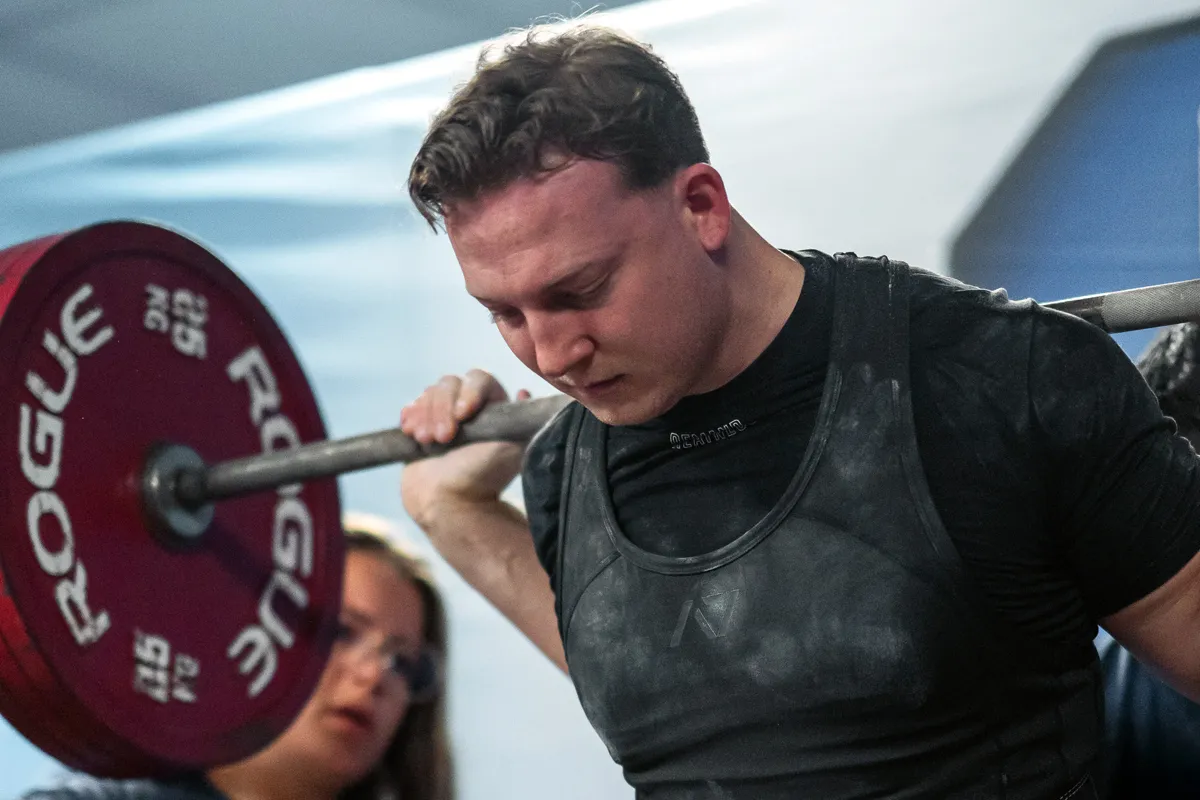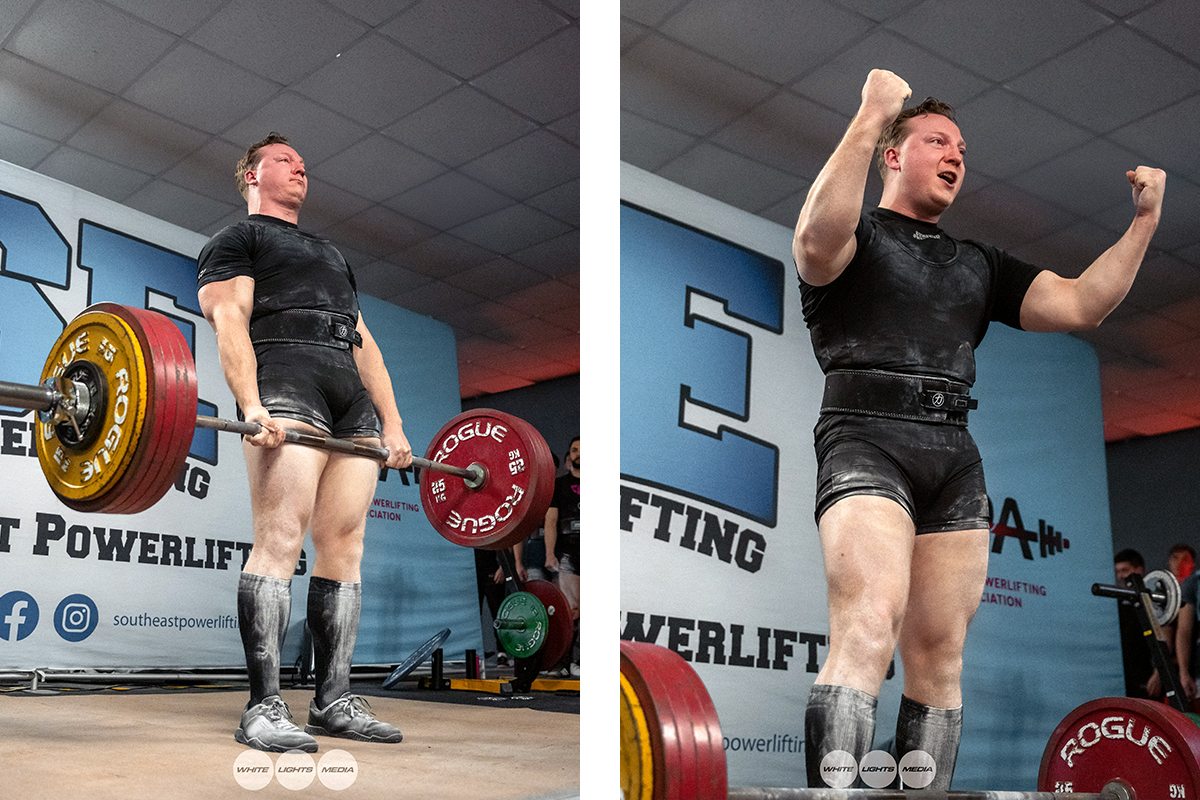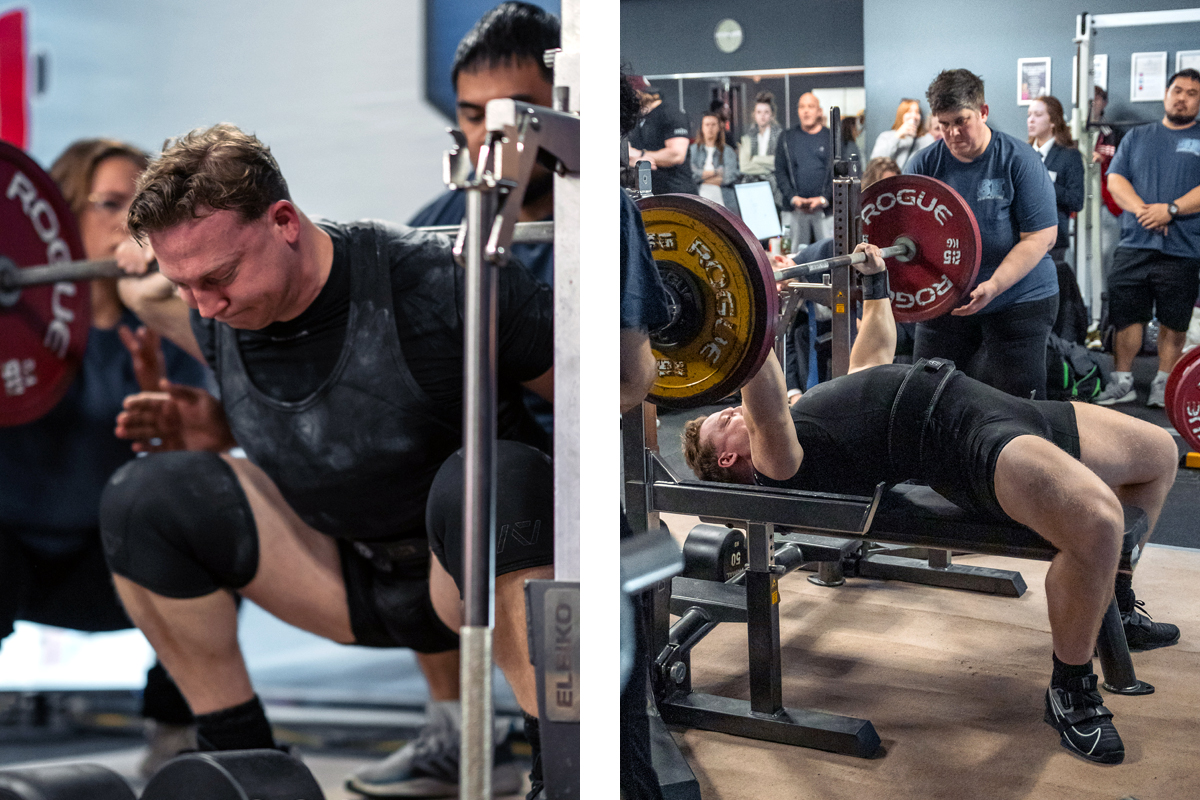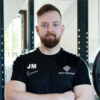
When did you first consider competing in powerlifting?
I’ve always taken my training very seriously, and after a few years of training and coaching the idea of competing felt like a natural progression of that. It also gave me an opportunity to improve my experience and quality of coaching too. I’m a big believer that the best coaching comes from personal experience, so it felt like a good fit in a number of ways.
You’ve competed twice, what’s been your biggest lesson/takeaway from the experience?
It’s probably more on the mental side than physical, and that is to not overthink things. At my first competition I was quite nervous, and found myself worrying about the details, from technical aspects of the lifts to my opening weights.
For my second competition, I reminded myself that it’s fundamentally the same as lifting in the gym, just with some added spectators. Which helped to calm my nerves, and helped me to perform better. If you’ve put the hard work into the preparation, then it’s just another day of doing something I love – lifting weights!
Can you walk us through a competition day? What’s it like to lift weights in front of a crowd?
It’s a long day. You’re up early, getting a big breakfast in with a strong coffee to sustain your energy levels. Weigh ins are first, then you’re waiting around, usually for an hour or so whilst everything is prepared, doing your best to not psyche yourself out! It’s a real mix of anticipation and excitement. Warmups don’t take too long, and you’re just following your practiced routines and working up to around 90% of your first lift.
Then it’s go time! Competitions open with squats, stepping onto the platform with judges and a crowd feels surreal, but once the first squat is under your belt the nerves settle down and you can get focused on what’s next. Bench press is next, which takes a little adjustment as the pause for judges commands can feel long. Finally it’s the deadlifts. By now the adrenaline has faded, as it can be a couple of hours since your first lift of the day. This is where you really need some grit and determination to dig deep. Lifting with a crowd is a rush, everyone is really supportive, and it feels like everyone is on your side and willing you to succeed with your lift.
Has competing changed anything about your approach to your own training, and/or coaching your clients?
Competing has made me stricter with myself and clients alike. Particularly clients who are competing, since I don’t want form to cost them on the platform. Competing has shown me what crucial role both consistency and recovery play, it really does come down to slow and steady incremental gains over time. It’s also reinforced my beliefs in our training methods as I’ve experienced first hand how they pay off under pressure.

With hindsight, is there anything you would have done differently in your preparation for your recent competition?
I probably backed off from my big lifts a little too early, perhaps a week too soon, which left me feeling a little flat on the day. Next time I will leave the taper to run a little longer, so I can hopefully strike the balance of being fully rested, but also carrying momentum into the day.
The other issue I faced on the day was my weight, I came in at 109kg, but I’m in the 120kg class, so could have added a few more calories in the run up!
What are your current training goals, and what numbers do you need to reach in order to qualify for nationals?
My long-term goal is to reach 720kg total (across the three lifts) in the \<120kg weight class. Hopefully I can achieve a 250kg squat, 170kg bench press and 300kg deadlift. That’s what I would need to reach to qualify for nationals.

How do you balance your own training alongside a busy schedule training clients?
Clients come first, which means I then juggle my own training around work. But working from a gym means it’s usually quite straightforward to pencil in the diary. This means that lunchtimes are usually the best time to fit my own training in, when it’s a bit quieter in terms of clients. I train 3 to 4 days a week depending on the program, which keeps it simple and allows enough time to recover.
What keeps you motivated to keep pushing for bigger lifts and competing nationally?
I love the brutal honesty of strength training. There’s no faking strength. It’s you versus gravity and it’s a fantastic feeling to know you’re getting stronger. Competing nationally is the next hill for me to climb, proving that I can compete at that level, and hopefully I can inspire a few people along the way too.
Seeing my clients hitting their goals always inspires me too, and I am immensely proud when they hit new PR’s!

